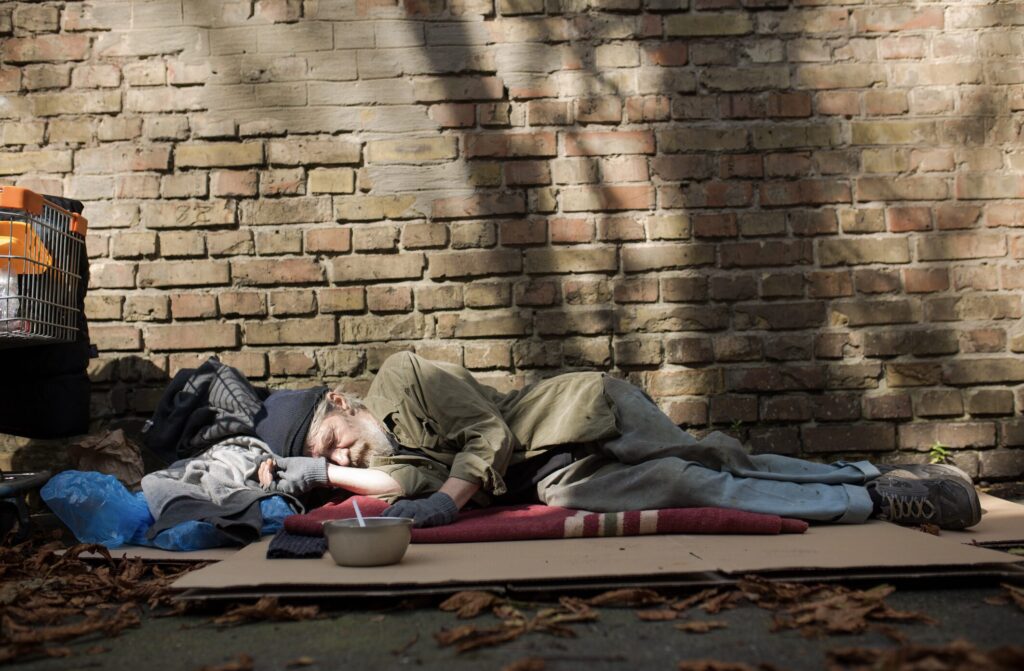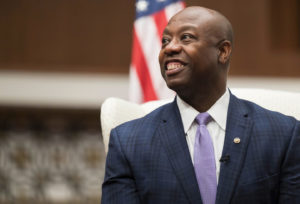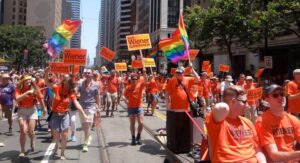Leftist San Francisco starting to crack down on drug and homelessness problem
San Francisco is beginning to change how it deals with its chronic drug and homelessness problems, including new restrictions on government money and calls for mass arrests of homeless drug…

San Francisco is beginning to change how it deals with its chronic drug and homelessness problems, including new restrictions on government money and calls for mass arrests of homeless drug addicts.
The ultra blue California city has seen a 60% decrease in homeless tents over the last year after it used a Supreme Court ruling to crack down on illegal camping, The Daily Signal reports.
Now, effective Jan. 1, homeless and low-income drug users must engage in treatment to continue receiving monthly government payments of $109 for homeless and $714 for housed individuals. Voters approved the change in March, part of a backlash in California against liberal policies that have caused crime and homelessness to skyrocket.
Matt Dorsey, a San Francisco County supervisor and former drug addict, is taking it a step further, calling on the city to conduct mass arrests and require detox and treatment for open-air drug users in his district.
Dorsey says allowing an estimated 200 users on the 6th Street corridor is “drug enableism and neglectful cruelty,” and that arresting them and ordering them to treatment are “lifesaving interventions,” The Center Square reports.
An analysis by the California Policy Lab found that 75% of unsheltered homeless in the state have a drug or alcohol addiction, and that 78% have a severe mental illness.
The State of California has come under fire for spending billions of dollars to fight homelessness but with little to show for it. Gov. Gavin Newsom has faced criticism for not tracking the funds and accusations of not wanting voters to know where the money is going.
Untreated drug addiction costs San Francisco more than $1 billion per year, Dorsey says, based on “even the most conservative” estimates, Center Square reports. But he is hopeful the new law requiring treatment to receive government benefits and Proposition 36, which creates treatment-mandated felonies for repeated misdemeanor drug possession, will turn the tide.
Voters approved Proposition 36 passed by a more than two-thirds margin, reversing a 2014 rule that charged drug possession as misdemeanors that would rarely be prosecuted, indicating frustration with the city’s soft-on-crime approach.
“I believe it is past time for San Francisco to move boldly beyond its civic practice of drug enableism and neglectful cruelty,” Dorsey wrote in a letter to city council leaders. “New approaches are needed to restore order to our streets; to diminish the attraction San Francisco now holds as a destination city for drug use and drug dealing; and to make consequential and lifesaving interventions in drug-related behavior that is deadlier and more costly than ever before in human history.
“As someone in recovery from drug addiction myself, I know I’m not alone among recovery community members in believing strongly in the life-changing possibilities of drug treatment – including court-mandated treatment – and long-term recovery.”
The city has an estimated 8,300 homeless, up 7% from 2022, KQED reports, and exceeding the city’s previous record of 8,035 in 2019.
City Controller Ben Rosenfield said San Francisco could save up to $2 million annually on discontinued welfare payments to addicts that refuse treatment, although the cost for treatment could increase if more sign up for programs.
The city’s mayor’s office notes that homeless receiving the $109 monthly payment are also eligible for “guaranteed shelter and meals,” Center Square reports.



